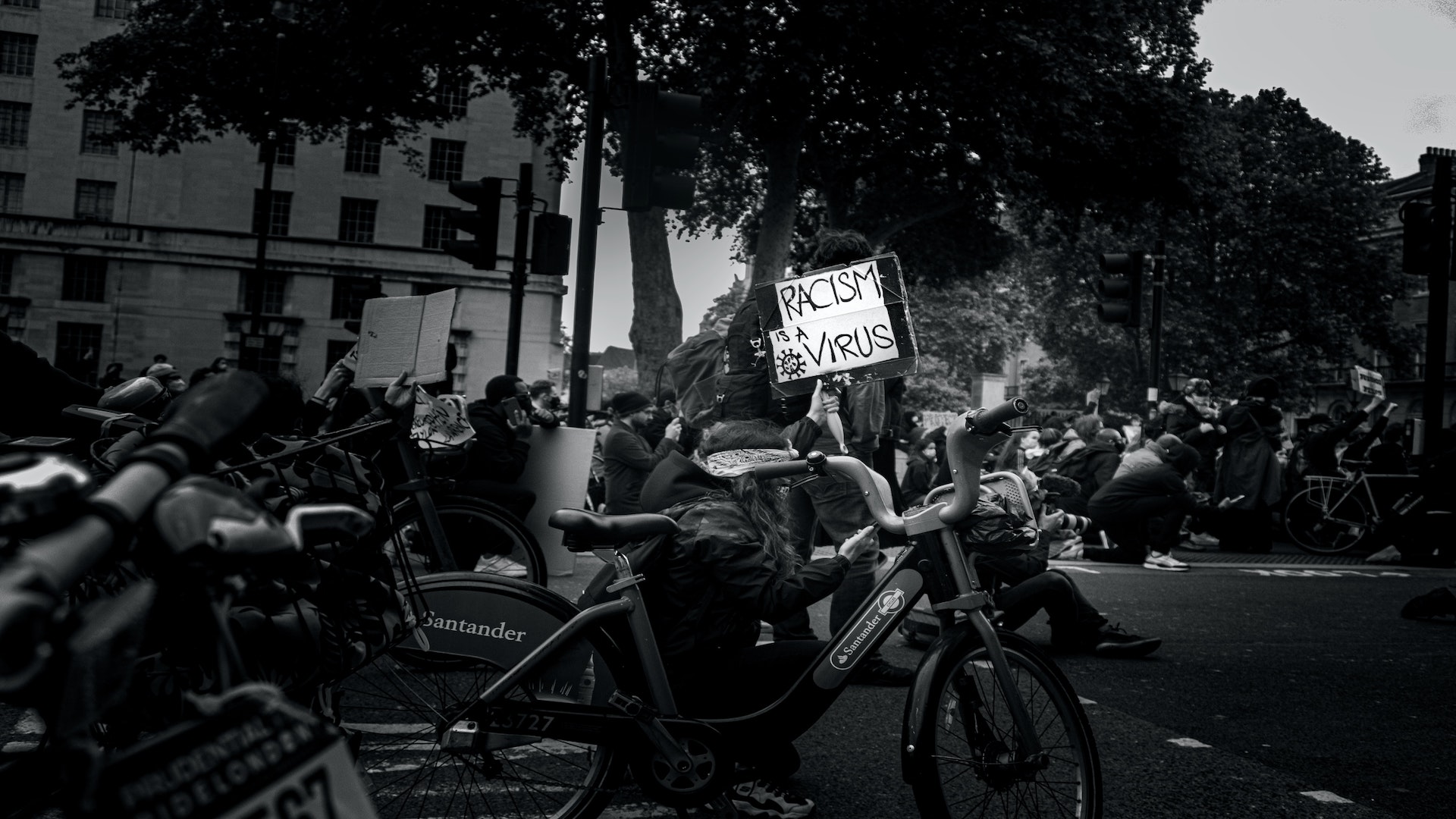What is Windrush?
The Windrush arrivals came in response to a shortage of labour forces following the Second World War, where thousands of people from the Caribbean were granted permission to live in the UK between 1948 and 1971.
At the time, the Caribbean was part of the Commonwealth, meaning all who arrived were legally British Citizens. As a result, many went on to live permanently in the country.
Together, they made an immeasurable contribution to rebuilding society in a post-war UK by taking up jobs in manual labour, cleaning, driving, as well as becoming nurses for the NHS.
The Home Office, however, kept no record of those who remained in the country and neglected issuing official paperwork to Windrush arrivals – leaving them without evidence of their legal status.
How did this affect the Windrush generation?
When immigration laws tightened due to a new policy in 2012, banks, employers, and the NHS were tasked with locating undocumented citizens by requesting to see their formal identification.
The Home Office then placed responsibility on those individuals to prove their right to remain in the UK, demanding ‘at least one official document from every year’ they resided here – a difficult task for anyone, even with today’s technology.
Many lived in fear that their lack of official citizenship (a fault of the government) could result in denial of healthcare, stripping of legal rights, homeownership, or worse – deportation.
For many, some or all of these possibilities became a reality.
Hundreds were separated from their families, sent to immigration detention centres and denied international travel or ‘threatened with forcible removal’ to the Caribbean, a place they hadn’t been to since they were children.
In 2018, the Home Secretary admitted that 83 British Citizens were wrongly deported during the Windrush scandal.
Children of the Windrush generation are also not considered British at birth due to their parents’ absence of documentation – despite being born, attending school, and securing jobs in the nation they’ve known as home all their lives.
Shared experiences of immigrant families
The Windrush generation and African community can unite seamlessly in protest due to their shared history of being ruthlessly exploited by the nation they now live in.
South London rapper, Dave, tells the story of growing up as the son of an immigrant parent on his latest album.
The track ‘Heart Attack’ starts out with audio clips of news reports on increasing youth violence in the most depraved boroughs of London.
It concludes with an emotional voice recording of his mother expressing her struggle, feelings of being unwelcome, and desperation for support after emigrating to the UK from Nigeria.
Dave reflects on how the political promise of a better life in Britain has only led to a new set of dilemmas for many newcomers – and their UK born children – who are met with discrimination, racism, and further marginalisation.
A story worth telling
Despite being some of the most hard-working members of British community, those invited to live and work in the country have historically been accepted on an ‘as needed’ basis.
In return for their economic, social, and cultural contributions to society, they are treated as outsiders, thrown out once their job is perceived to be done.
Arguably, this is just colonialism rebranded – which is why it should come as no surprise that there have been protests calling for reparatory justice since 2014.
The government’s lacklustre attempts to smooth over the mishandling of Windrush suggests that we could be waiting for a while to see any significant developments.
But that doesn’t mean that the stories from these generations – or the hope for reparation acquisition – should be lost.





















